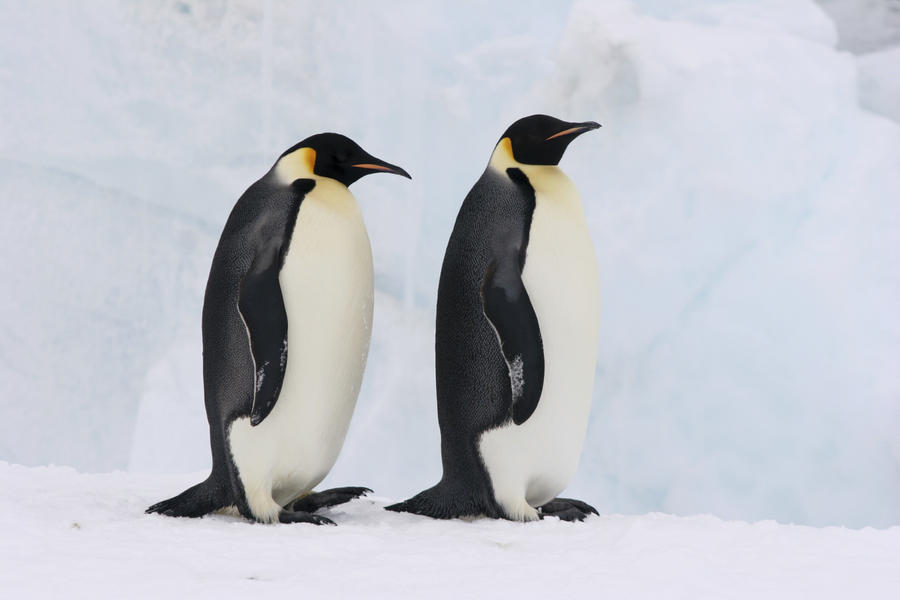Emperor penguin population is in peril due to vanishing ice


A free daily email with the biggest news stories of the day – and the best features from TheWeek.com
You are now subscribed
Your newsletter sign-up was successful
Disappearing sea ice in Antarctica is putting emperor penguins at risk of extinction, researchers warn.
"The population is declining," says Hal Caswell, senior scientist at Woods Hole Oceanographic Institute and an author of a new study in Nature Climate Change. "Unless something changes to stop that, the population will go into extinction."
By 2100, the entire population could decrease by one-third, with all 45 of the known emperor penguin colonies in Antarctica taking a hit. The biggest drops will happen on the coasts of the western Indian Ocean and eastern Weddell Sea, The Guardian says.
The Week
Escape your echo chamber. Get the facts behind the news, plus analysis from multiple perspectives.

Sign up for The Week's Free Newsletters
From our morning news briefing to a weekly Good News Newsletter, get the best of The Week delivered directly to your inbox.
From our morning news briefing to a weekly Good News Newsletter, get the best of The Week delivered directly to your inbox.
The main food source of penguins is krill, and young krill eat the algae on ice; as the ice is lost, the supply of krill drops. The researchers say that one way to help the penguins would be putting them under the protection of the Endangered Species Act. Also, "given this new research, and what we already know about global temperatures warming and the changing climate," says Andrea Kavanagh, director of global penguin conservation for the Pew Charitable Trusts, the U.S. should immediately "put a marine reserve in place so we can make sure we are not fishing in areas where the penguins need to forage for food."
A free daily email with the biggest news stories of the day – and the best features from TheWeek.com
Catherine Garcia has worked as a senior writer at The Week since 2014. Her writing and reporting have appeared in Entertainment Weekly, The New York Times, Wirecutter, NBC News and "The Book of Jezebel," among others. She's a graduate of the University of Redlands and the Columbia University Graduate School of Journalism.
